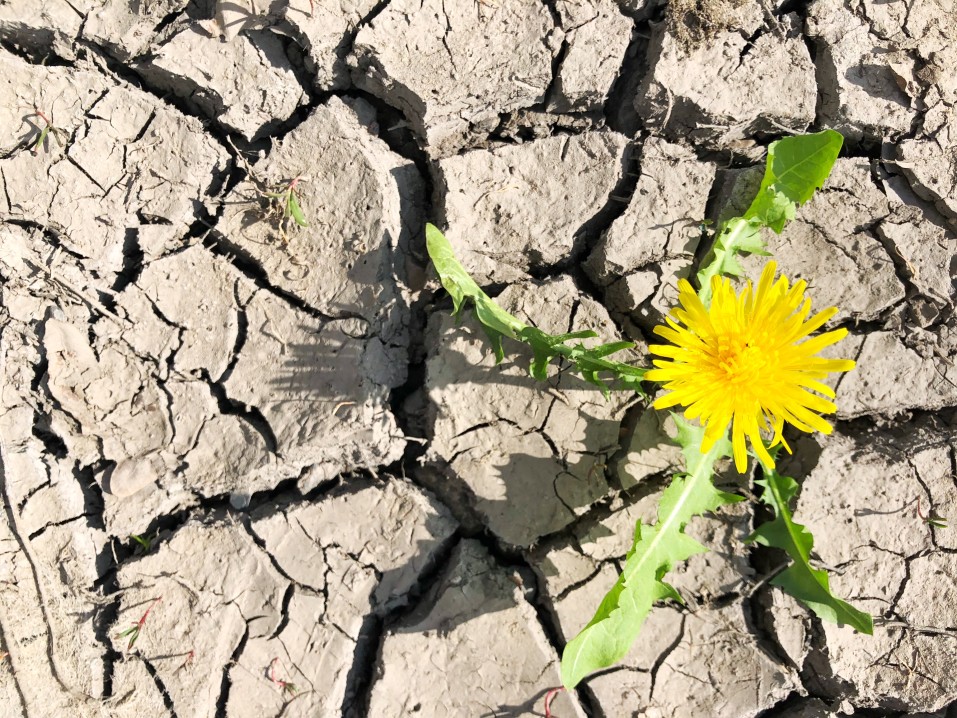Earlier in this pandemic experience I wrote about resilience, inspired by front line health care workers, teachers and Olympians (link). Almost six months later, I am renewing my reflections on the topic. For individuals, for organizations, for societies: we are needing to ensure resiliency in ways I don’t believe have been tested in my lifetime.
We are not only worried about how well our health care workers can navigate these challenging times; we are worried about whether the systems that employ health care workers can survive the strains they are now collectively under. Do those systems have sufficient resiliency to not only endure but also actively adapt and prepare for a different future than the one they had been planning just 24 months ago?
We are not only worried about keeping children too young for vaccination safe; we are worried about the capacity of our schools and daycare centers to function effectively as both staff and students navigate daily reports of risks, exposures, changing protocols, all aimed at minimizing the chances of yet-another bout with a virus. We were already grappling with acknowledgement that disparities in health, educational attainment and economic opportunity needed to be addressed in our society’s support for our children – the pandemic has laid bare those challenges even more dramatically.
In workplaces, restaurants, entertainment venues and retail establishments we have constant reminders that the calculus for risk in our lives has changed. For the most part, we are handling it – and I give enthusiastic kudos to the officials — public health professionals, in particular — for their dogged commitment to our well-being. That the advice keeps changing is frustrating, sure. But we are fighting something that constantly evolves, making impossible what most of us really want: sure things. We want experts to tell us what is going to happen, and then we want to hold them responsible for results that shield us from harm. Unrealistic expectations, it turns out, in a pandemic, especially one likely mishandled at the very beginning. How we ended up without a nation-wide coordinated response will go down in history as a massive blunder. But there is no going back – we must find resilience in our systems, in our institutions, in ourselves to move ahead and overcome this collective social experience.
So I’ll share again the ‘7 Cs,’ the offering from respected pediatrician Dr. Kenneth Ginsburg: in 2013, he first published his construct to help parents assess their children’s development of resiliency. I think it is instructive for we grown-ups as well, especially in these times of extraordinary stress:
- Competence: the skills to face challenges that confront us
- Confidence: belief in one’s ability
- Connection: sense of belonging
- Character: sense of self-worth
- Contribution: opportunity to give back, to help
- Coping: capacity and skills to handle stress
- Control: realization of what one can control, what choices we have
As you continue to navigate these times, reflect on how the 7 Cs enable your journey. Ensure your own resilience and that of the people, organizations and communities you touch. God’s speed.






